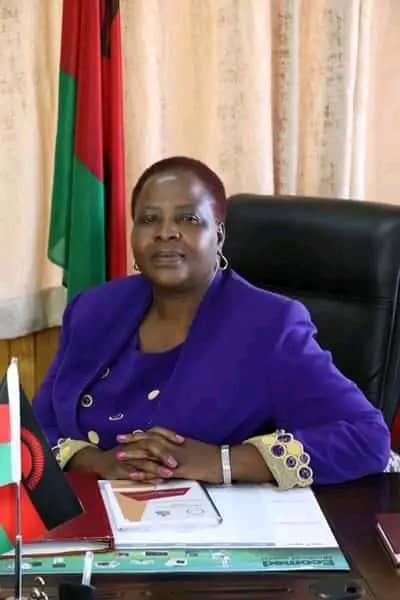By Burnett Munthali
The Ministry of Health in Malawi has swiftly responded to the temporary suspension of support by the U.S. President’s Emergency Plan for HIV/AIDS Relief (Pepfar) by implementing a set of urgent measures aimed at sustaining essential HIV/AIDS services in the country. The suspension of Pepfar funding, which was part of a broader freeze on foreign aid initiated by former U.S. President Donald Trump, has created significant challenges for Malawi’s healthcare system, particularly in the fight against HIV/AIDS.
To mitigate the impact of the funding suspension, the Ministry of Health has outlined several key interventions to ensure the continued provision of life-saving services. Among the measures introduced is the redeployment of ministry staff to fill the gaps left by Pepfar-funded personnel. These staff members will be assigned to critical areas such as HIV testing, the dispensing of antiretroviral therapy (ART), and targeted viral load monitoring to maintain essential healthcare services.

Additionally, the ministry has emphasized the need to optimize the dispensation of ART by extending the supply period to six months for eligible patients. This measure aims to reduce the frequency of clinic visits, thereby easing the burden on health facilities and ensuring that people living with HIV continue to receive uninterrupted treatment. By reducing patient traffic, the ministry hopes to manage existing resources more efficiently while minimizing disruptions caused by Pepfar’s withdrawal.
A circular issued by the Ministry of Health, signed by Linley Chewere, the Director at the Directorate of HIV, STI, and Viral Hepatitis, on February 3, 2025, has instructed health facilities across the country to implement these measures without delay. The directive underscores the urgency of the situation and the need for immediate action to prevent service gaps that could have devastating consequences for those relying on HIV-related healthcare services.
The suspension of Pepfar funding is a significant blow to Malawi, a country that has heavily relied on international assistance to combat HIV/AIDS. Pepfar has played a crucial role in supporting Malawi’s HIV response, funding essential services such as testing, treatment, and prevention programs. The temporary halt in funding threatens to disrupt progress made over the years in reducing HIV-related deaths and infections.
While the government’s contingency plan seeks to address the immediate challenges posed by the funding gap, concerns remain about the long-term sustainability of these measures. The redeployment of ministry staff may strain other critical healthcare services, and the extended ART dispensation approach, while necessary, may not be a permanent solution if funding uncertainties persist.
Health experts and civil society organizations have urged the Malawian government to explore alternative funding sources to prevent further disruptions in HIV/AIDS programs. There are calls for increased domestic investment in healthcare and the strengthening of partnerships with other international donors who may be able to fill the gap left by Pepfar’s suspension.
Meanwhile, the global health community continues to monitor the situation, with hopes that the suspension will be temporary and that Pepfar funding will be restored. The future of U.S. foreign aid policies, especially regarding health initiatives in developing countries, remains uncertain, particularly in light of shifting political priorities in the U.S. government.
For now, Malawi’s Ministry of Health remains focused on ensuring that HIV/AIDS patients do not suffer due to the sudden withdrawal of financial support. The emergency measures in place will be crucial in maintaining continuity of care, but the long-term impact of Pepfar’s suspension is yet to be fully realized.


